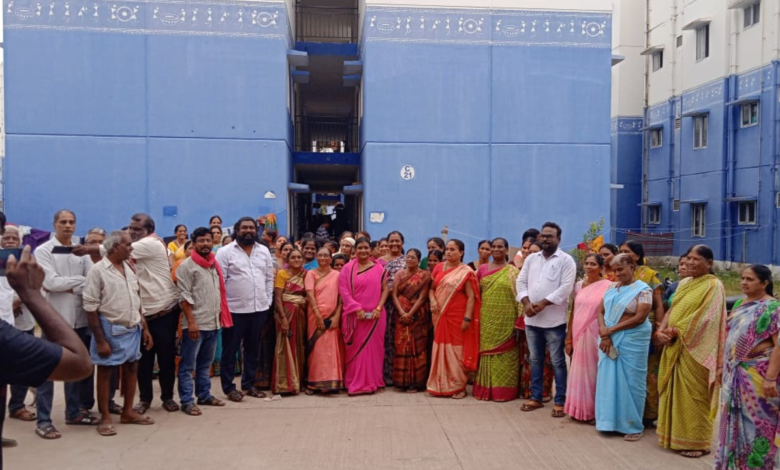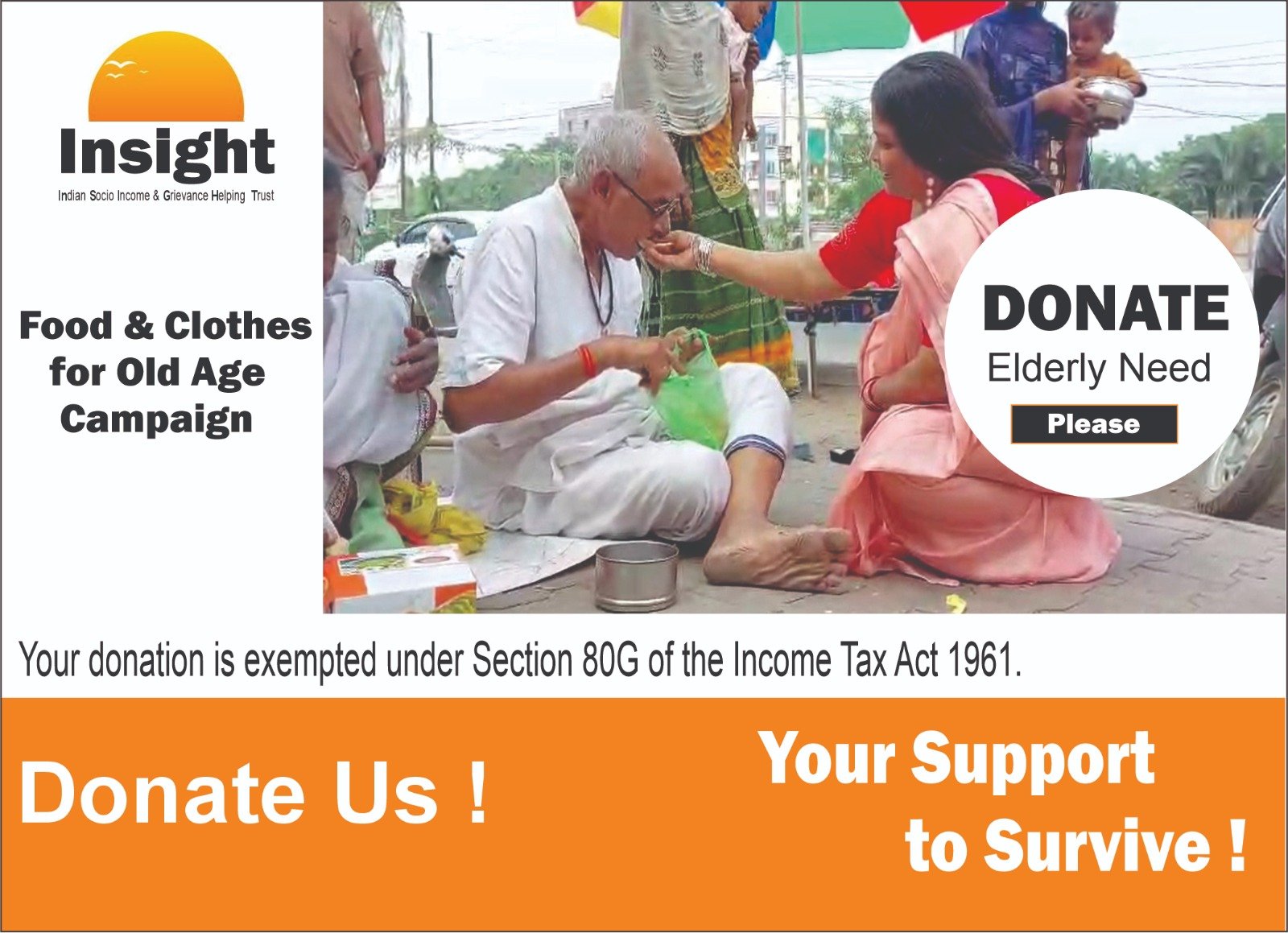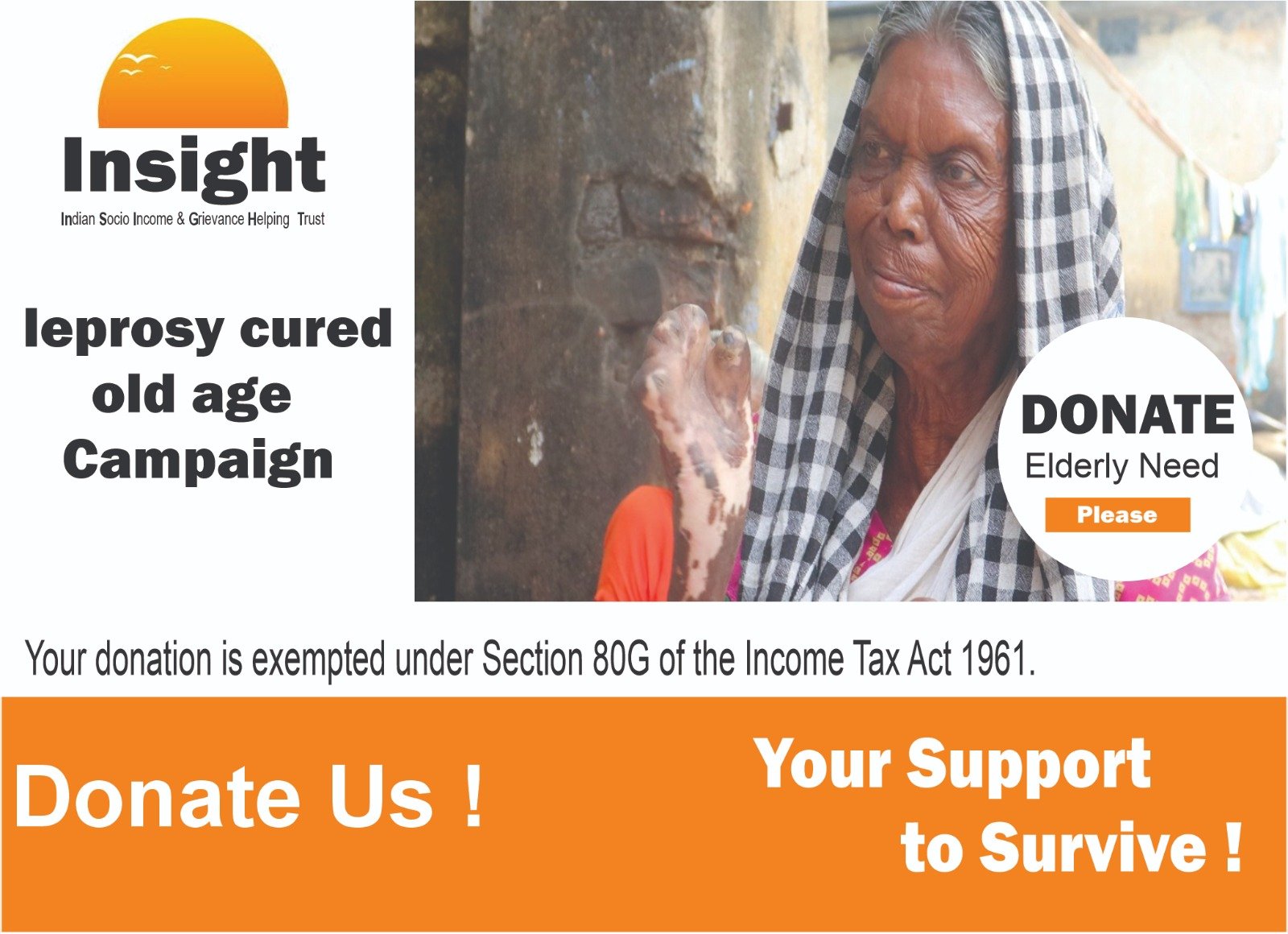CPM demands loan waiver for Bodasakurru Titco house beneficiaries
By Doruvu Paul Jagan Babu:Bureau Chief

Amalapuram – Andhra Pradesh: The Communist Party of India (Marxist) has urged the state government to waive bank loans for the beneficiaries of Titco houses in Bodasakurru and to put an end to coercive loan recovery practices.
In a meeting held on Sunday at the local Titco houses, CPM district convener Kaarem Venkateswara Rao and district committee members N Balaram and T Naga Varalakshmi engaged with residents to understand their grievances.
Residents revealed that they were initially required to pay Rs 1.5 lakh for their homes. However, the repayment terms now demand Rs 4,000 to Rs 5,000 per month for 20 years, along with accumulating interest. Many complained of severe financial distress and called for immediate relief.
Unfulfilled election promises
Beneficiaries alleged that the Telugu Desam Party government promised to cancel these loans before elections but failed to fulfill this pledge. They demanded that the state government intervene to honour this commitment.

Call for comprehensive support
Speaking at the meeting, CPM leaders stressed the importance of waiving loans to alleviate the financial struggles of beneficiaries. They also highlighted other pressing issues faced by the residents:
Freshwater crisis: The locality suffers from an acute shortage of potable water, which requires immediate attention.
Drainage issues: Poor drainage infrastructure is causing sanitation problems that need urgent resolution.
Electricity bills: Residents requested state support in managing monthly electricity costs.
Voices from the ground
Local resident Nukaratnam Satish and a large group of women shared their hardships during the program, emphasizing the challenges posed by escalating financial demands.
CPM’s stand
The CPM leadership assured residents of their support, promising to take their concerns to the government and intensify efforts until tangible solutions are achieved.
The program saw significant participation from affected beneficiaries, reflecting the urgency of their demands and the dire need for governmental intervention.









